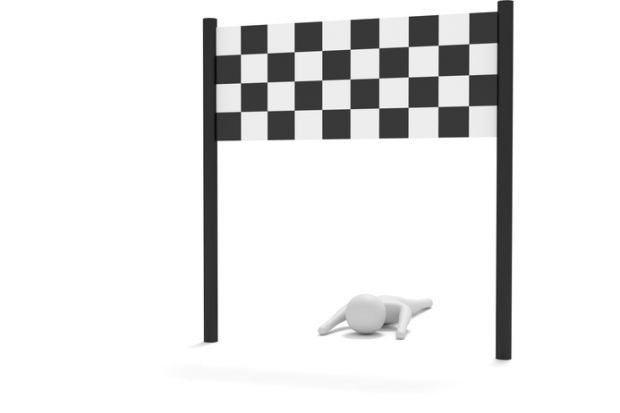Australian universities priming themselves for a post-pandemic reopening will have to make extra allowances for both incoming and outgoing students, an expert panel has warned.
The “Roadmap to Recovery” report, compiled for the federal government by a taskforce of more than 100 Group of Eight university researchers, says students at either end of the study continuum will be most disadvantaged by coronavirus-related upheaval.
While students due to graduate in 2020 are “most at risk”, doctoral candidates battling to collect data amid the Covid-19 mayhem also face serious disruption. Meanwhile, next year’s university newcomers face starting degrees without the “assumed syllabus knowledge”.
Universities should mitigate these disadvantages by organising pre-semester bridging classes or revision weeks at the start of the 2021 academic term, the report says. Teaching staff should monitor “knowledge gaps” as courses proceed, while institutions should arrange extra counselling or learning support for first-year students.
Government services, major employers, accrediting bodies and universities will also have to work together to ensure academics have time to manage graduating students’ transition into the workforce or further study, the report warns.
It stresses the importance of maintaining practicums for students training for regulated professions such as engineering, medicine, exercise science, psychology, podiatry and teaching. The report criticises “inconsistencies and instances of inflexibility” in the approach of some accrediting bodies.
“If there is delay in achieving practice [or] placement hours, some students may require significant revision of preparatory units,” it says. “Some…may have to wait so long to achieve those hours that they risk dropping out.”
This could leave Australia lacking “the very specialists needed to rebuild post Covid-19”, the report says, adding that universities have been “set back markedly” in their capacity to deliver on their core activities of teaching and research.
“Continued isolation threatens both, especially as critical aspects of tertiary education and research cannot be conducted in an online environment. Universities will play a significant role in developing the evidence base, treatments and policies – as well as in training the professionals of the future – but remaining closed hampers those endeavours.
“Perhaps the greatest demand on universities and other post-school institutions comes at a time when they are also most under threat.”
Register to continue
Why register?
- Registration is free and only takes a moment
- Once registered, you can read 3 articles a month
- Sign up for our newsletter
Subscribe
Or subscribe for unlimited access to:
- Unlimited access to news, views, insights & reviews
- Digital editions
- Digital access to THE’s university and college rankings analysis
Already registered or a current subscriber? Login








